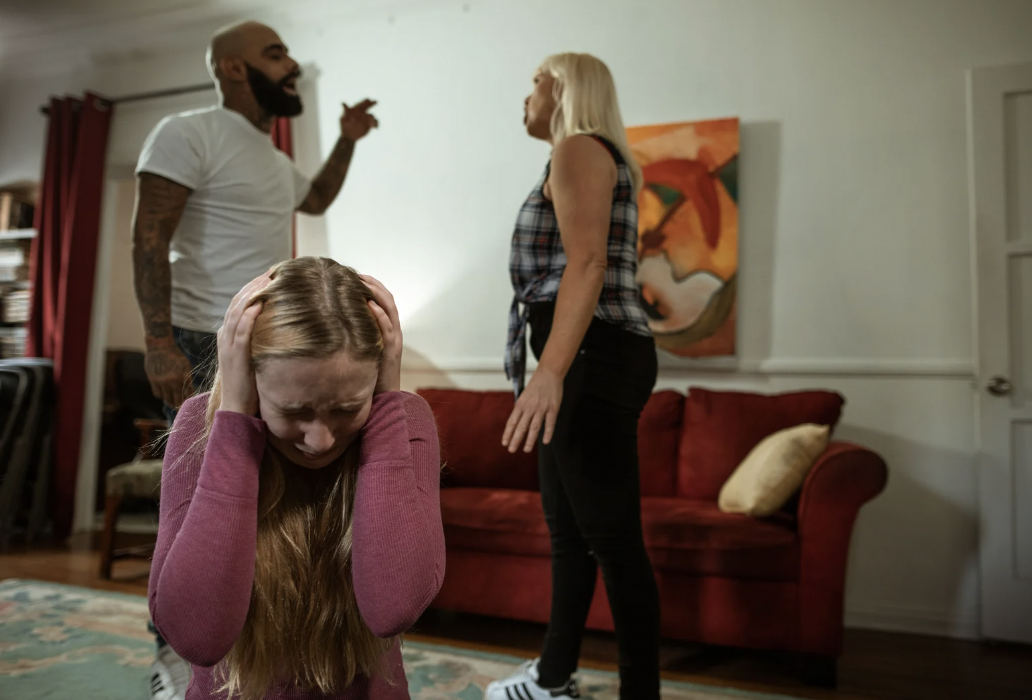During daily life events, children may encounter various circumstances that might be happy, sad, horrible, or dangerous; however, few moments stay with them forever. Sometimes the unpleasant memories from the past haunt them in their present and ruin their future by causing serious impacts. Such childhood traumas can disrupt a child’s mental and physiological well-being.
Causes of childhood trauma
As a child, one can go through trauma due to many causes, such as
- Violence
- Physical or sexual abuse
- Broken family
- Parental negligence
- Mental illness
- Natural disasters or terrorism
- Life-threatening accidents
- War victims
- Loss of any loved one
Signs and symptoms of childhood trauma
Classification of signs according to the age of children because every individual reacts differently to the exact situations according to their age, status, and maturity level.
- Preschool
- Nightmares
- Fear of separation from parents
- Poor eating
- Poor growth and development
- Recreate and rethink the events
- Questioning about death
- Elementary school
- Sense of guilt
- Anxiety about life safety
- Repeatedly recalling and illustrating the event and worrying about minor bruises or cuts.
- Difficulty in sleeping
- Continuous fear of the recurrence of the unpleasant event
- Suddenly feel shocked
- Bad progress in school
- Dependency on parents or guardians
- High school
- Feeling depressed and upset
- Start substance abuse
- Self-harm
- Eating disorder
- Become sexually active
- Show risky behaviors
- Avoid those places that remind the event
- Fear of being crazy or mentally ill
Impacts of childhood trauma
Stress and depression
Childhood trauma can develop anxiety and depression later in life. Due to the constant exposure to stress and scary events brain sends stress signals which may cause depression. During childhood, people generally ignore signs of stress and the unusual behavior of children, but this type of behavior is more identifiable in young age or adulthood.
Insomnia
A night of good sleep is crucial for mental and physical health; however, in case of a history of physical or sexual abuse, it becomes tough to fall asleep comfortably and safely. This may cause a constant irruption in the sleep cycle, gradually increasing the risk of many psychological and medical issues.
Self-insecurity
Childhood trauma can build up walls of insecurity and make an individual socially distant. One can develop a fear of losing loved ones by knowing the past and become introverted, leading to many issues such as relationship failures.
One may develop trust issues that are not suitable for social survival.
How to cope with it?
Oneshould immediately seek help from a mental health professional to cope with childhood traumas. Whether we are experiencing trauma or any individual in our surroundings, we must go for the strategy to deal with it because it can lead to severe problems if left untreated.
Some practical methods to treat childhood traumas include exposure and response prevention, prolonged exposure, and cognitive processing therapy. Other methods are psycho-education, support therapy, and eye movement desensitization and reprocessing. The symptoms improve with pharmacologic and psychological treatment.
Conclusion
Childhood trauma should be taken seriously as this not just wreck the present but also the future of a child. There are different causes of childhood trauma. Signs and symptoms of trauma are based on each individual’s age and maturity levels; however, the effects can last for a lifetime and ruin the quality of life by developing depression, anxiety, insomnia, and self-insecurities later in their lives life. Therefore, treatment should be taken thoughtfully with the help of a medical practitioner to improve the quality of life.

